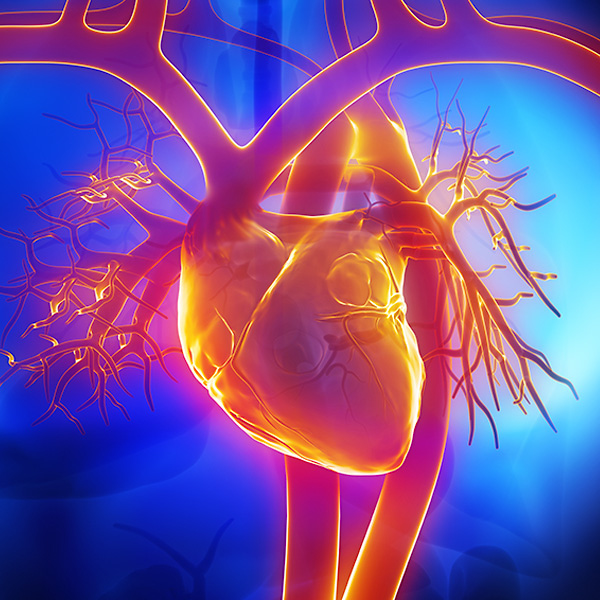High Blood Pressure (Hypertension)
Overview and Facts about Hypertension
Your blood pressure is determined by several factors. The volume of blood passing through your arteries plays a role. But blood pressure is also determined by the resistance created by your artery wall. Narrow artery walls or blocked arteries can cause high blood pressure.
High blood pressure, also known as hypertension, has a serious impact on your health. Uncontrolled high blood pressure increases your risk of heart attack and stroke.
Over time, high blood pressure can also damage your organs and is a leading cause of kidney disease and kidney failure.
Signs and Symptoms of Hypertension
High blood pressure seldom causes any symptoms. But unexplained headaches or shortness of breath can be a sign of hypertension. Some people may also experience fatigue, vision problems or chest pain.
Most people learn about their high blood pressure during a medical exam. During your exam, your doctor or nurse measures your blood pressure. They can let you know whether your results are normal.
Causes and Risk Factors of Hypertension
There are two types of hypertension: primary hypertension and secondary hypertension.
If you have primary hypertension, your symptoms have no clear cause. Primary hypertension may be linked to genetic factors.
But your diet, weight and stress levels can also play a role. This type of high blood pressure often develops slowly.
Secondary hypertension is caused by another health condition, such as:
- Congenital disorders
- Kidney problems
- Sleep apnea
- Thyroid disorders
Some prescription medications and illegal drugs can also raise your blood pressure. Secondary hypertension sometimes develops very suddenly.
Tests and Diagnosis of Hypertension
During each doctor's appointment or an ER visit, you can expect a doctor or nurse to take your blood pressure. They will take two measurements: systolic pressure and diastolic pressure. These numbers are recorded on your medical chart.
A blood pressure measurement of 120/80 is considered normal. Anything above this could be a sign of hypertension.
If you're sick or hurt, your blood pressure may rise. Blood pressure can also spike after exercising. These fluctuations are usually not a sign of hypertension. But if your blood pressure seems high, your doctor or nurse may take several measurements.
Your doctor might also ask you to take your blood pressure at home. Daily measurements can help determine whether you have high blood pressure.
Treatment and Care for Hypertension
Lifestyle changes can help lower your blood pressure naturally. Your doctor may recommend losing weight, changing your diet or getting more exercise. Stress management techniques can also be beneficial.
However, sometimes changing your lifestyle is not enough to bring your blood pressure under control. If your blood pressure remains high, your doctor may prescribe medication. You may need to take several drugs to manage your blood pressure.
If your hypertension has already caused organ damage, you might need to see a specialist. A nephrologist, or a doctor who specializes in kidney problems, can help. They can check your kidney function and recommend ways to protect your kidneys.

Request an Appointment
Loyola Medicine heart and vascular specialists have the experience and technology to treat the most difficult cardiac and vascular conditions. Schedule an appointment today.
Schedule a Telehealth Appointment
